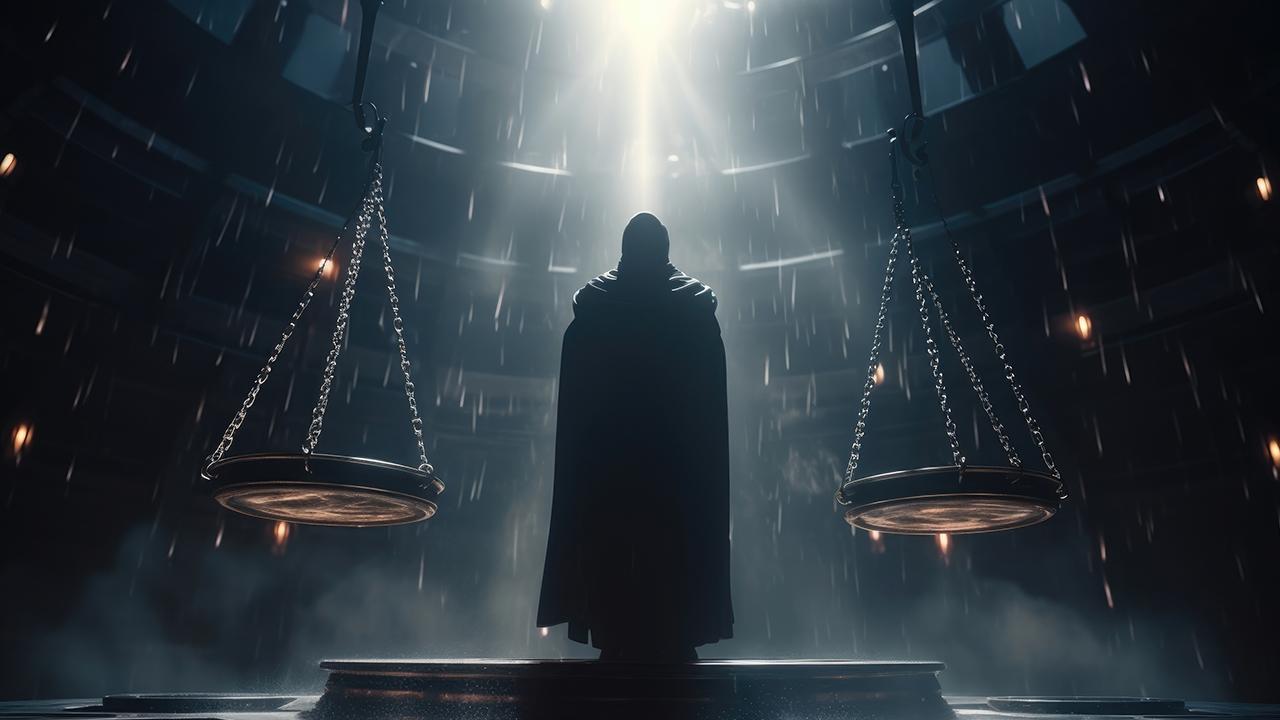
The U.S. Constitution is a continuing source of annoyance to tyrants. It grants the federal government only a few, limited powers. It recognizes and protects God-given rights, like the right to keep and bear arms. If those in public office were faithful to the Constitution, the federal government would not pose a threat to the American People. So, how do Tyrants get around the U.S. Constitution?
How Tyrants Circumvent The Constitution
Tyrants have a three-step program. The first step is dumbing down the American People, first through the government school system. Some remember that it once was a requirement in Civics courses that students read the Constitution. It’s only 4,400 words, but now the most we ask is that students read about how the Constitution has been interpreted by courts — which is quite a different matter.
Ignorance of the constitutional text is not limited to high school and college students. It may be hard to believe, and you can ask a lawyer if this is true, but many, if not most, law students complete a course in Constitutional Law without being required to read the Constitution itself. Rather, they read cases interpreting the Constitution. This process ensures that most Americans — and (incredibly) most lawyers and judges — have no real understanding how the Constitution was designed to work. They just know something about how it has been applied by judges — often in error — such as Dred Scott, Korematsu, Roe v. Wade, and Obergefell.
The second step is to persuade Americans that the Constitution can only be understood by lawyers and judges. Hogwash. The Constitution was written in plain terms to have a clear meaning. It is only when you want to avoid the plain meaning that you need to have legal training — to devise some new “intellectual” approach to circumvent the text. When Originalists search out the meaning of the Constitution, they seek out the “original public meaning” – what the People understood it to mean when the Constitution was ratified.
The third and most dangerous step is to persuade the American People that the Constitution means what the federal courts say it means. This is the doctrine of Judicial Supremacy. No one ever gave the Supreme Court and the lower federal courts the final say as to what was constitutional and what was not. Yet federal courts have claimed that role, and it has rarely been challenged — but that may be about to change.
The Texas Border Crisis
In recent months, Texas Governor Greg Abbott has, at last, begun to take real measures to secure Texas’ southern border. Under his leadership, Texas has installed floating buoys and concertina wire barriers to at least slow the flow of illegals. Biden ordered the U.S. Customs and Border Protection to cut down the razor wire barrier, and Texas filed suit to stop its destruction. The district court sided with the Biden Administration, but the Fifth Circuit issued an injunction allowing Texas to continue to protect its border while the case was litigated. The Biden Administration panicked and ran to the Supreme Court, claiming that the Texas authorities were preventing it from rescuing aliens crossing illegally. Of course, what Biden wanted was to re-open the border to invasion. On January 22, 2024, the U.S. Supreme Court sided with Biden, vacating the injunction, by a 5-to-4 vote, and giving no reasons whatsoever for its decision.
The three leftist justices were joined by Chief Justice Roberts and Justice Barrett in issuing an order consisting of only a sentence. It could take many months — if not all of Biden’s final year — for the merits of the issue to reach the Supreme Court. By that time, the invasion of America could grow from 3.8 million illegal aliens under Biden’s watch to who knows what — another 3.8 million? So, the question is, does the Supreme Court Order settle the matter — at least for now? If you believe in Judicial Supremacy, that is the end of the discussion. Whatever five lawyers say rules the nation. Is that the way a constitutional republic should operate?
The U.S. Constitution requires the federal government to protect the states from invasion. Well, we know Biden has refused to honor that duty. But there is another provision as well. In Article I, Section 10, the Constitution clearly allows states to defend themselves against invasion. It reads, “[n]o State shall … or engage in War, unless actually invaded, or in such imminent Danger as will not admit of delay.” Thus, when being invaded, a State has constitutional authority to go so far as to “engage in War,” let alone put up a wire fence. The Supreme Court totally disregarded these provisions in the Constitution in what is a lawless and unconstitutional decision.
Fortunately, Governor Abbott has not backed down, which is what most state officials have done in the past. Rather, he responded by stating that the battle “is not over,” and stated that “I will continue to defend Texas’ constitutional authority to secure the border and prevent the Biden admin from destroying our property.” It is not entirely clear if his continued defense of the border violates the Supreme Court’s ruling, but even if it does, Abbott is on stronger ground than even he may know.
Federal Courts Claim To Be Supreme
The widely accepted notion today that federal courts in general, and the Supreme Court in specific, are authorized to issue the final word on the meaning of the Constitution has not always been the prevailing view. Why should states believe that Federal judges would be truly neutral? Federal judges hold federal office during “good behavior,” which as a practical matter means for life. They are appointed by the President and confirmed by the Senate. They are paid by the Federal government, which provides their comfortable retirement. They are protected by Federal Marshals. They can be impeached and removed by the House and Senate. Their jurisdiction can be limited by Congress. Many of them are former Federal prosecutors. Can lawyers with such a Federal pedigree fairly decide disputes between the federal and state government?
What happens when the Supreme Court is wrong? And there are many reasons they could be wrong. Could a Justice have a hidden agenda that makes them beholden to those who have promoted their careers? Is it possible that a Justice could have hidden, dark secrets known only to the Deep State, making them vulnerable to blackmail? Could it be that a Justice becomes manipulated by the fear that they or their children will be assassinated if they do not vote correctly? Could a Justice become mentally impaired? What can we expect from a Justice who believes the Constitution is a living document that needs to be re-interpreted as the nation “evolves?” – or one that cannot tell you what a “woman” is? Could a Justice be so politically brainwashed that he or she simply doesn’t care what the Constitution – written by those dead, white men — wrote centuries ago?
Nevertheless, even in 5-to-4 decisions, like the recent Texas order, the nation is supposed to bow down to whatever they decide. The Justices ASSUME that everyone will obey as if their words were the equivalent of the Constitutional text. In one case, they actually made that claim. In 1958, the Supreme Court declared that the Supreme Court is the final and sole arbiter of constitutionality:
[Marbury v. Madison] declared the basic principle that the federal judiciary is supreme in the exposition of the law of the Constitution, and that principle has ever since been respected by this Court and the Country as a permanent and indispensable feature of our constitutional system. [Cooper v. Aaron, 358 U.S. 1, 18 (1958).]
This statement is outrageous. Cooper took the inarguable truth that the Constitution is the “supreme law of the land,” and twisted it to conclude that what federal judges say about the Constitution is the supreme law of the land:
[T]he interpretation of the Fourteenth Amendment enunciated by this Court … is the supreme law of the land. [ Id.]
Since those words were written, the doctrine of federal judicial supremacy has been presumed by the Court. But it was wrong then, and it is wrong now. States are not administrative subdivisions of the federal government. They existed before the federal government was formed. Texas must resist the Supreme Court’s unconstitutional ruling. If it does not, we face the absurdity of a federal government refusing to perform its constitutional duty to defend the states against invasion, and then having five unelected judges preventing a sovereign state from defending itself. To be sure, how the nation may arrive at a final decision on such an important matter of Constitutional law can be messy, but that is much better than just accepting whatever five of nine lawyers wearing black robes may decree.
Editor’s Note: To read the articles in this series, please click here.






